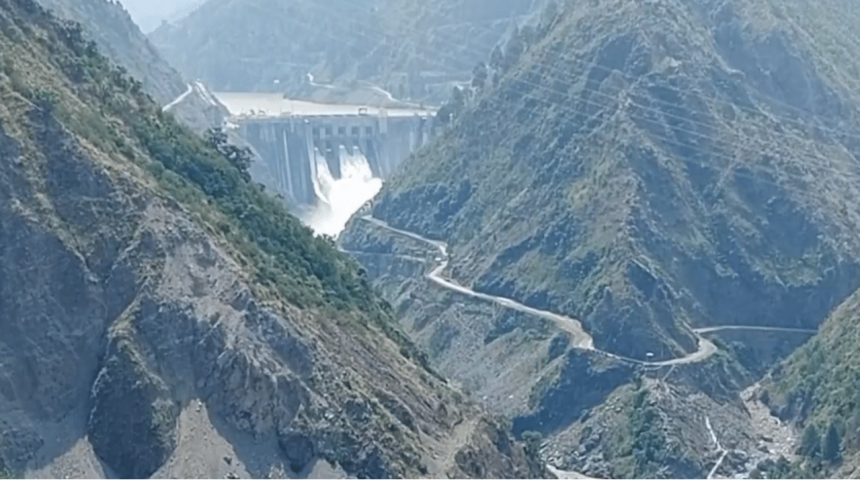The Jammu and Kashmir government, with technical support from the Centre, will begin desilting works on several canals, including Ranbir, New Partap, Ranjan, Tawi Lift, Paragwal, Kathua and Ravi. Once cleared, plans for expanding the capacity of the Kathua, New Partap, and Ranbir canals will be undertaken to increase irrigation coverage. However, it remains unclear which project will be prioritised first.
Canal upgrades long overdue
According to a Hindustan Times report, officials say the expansion will significantly boost the region’s irrigation potential, helping to mitigate the reliance on erratic monsoon rains. “These canals were built for the needs of the early 1900s. Their carrying capacity is no longer adequate,” one official said. For instance, the 60-km Ranbir canal, built in 1905, and the New Partap canal, which spans 34 km, now irrigate far less land than originally planned due to restrictions under the IWT.
Jammu division, with a high irrigation dependency on these canals, will benefit greatly from their expansion. The Ranbir canal mainly supplies water to Jammu, while the Partap system caters to the Akhnoor region. Officials say the Partap canals are “high priority”, especially as the Old Partap channel built in 1906 was originally intended to cover just 8,000 hectares.
Dam projects gain momentum
Meanwhile, India will also expedite several pending dam projects in the Kashmir region, including Kishenganga, Ratle, Pakal Dul, and Tulbul. The Centre argues that the IWT is outdated due to population growth, climate change, and advances in water infrastructure. Pakistan has strongly objected to the treaty’s suspension, warning that any diversion of water could be seen as hostile. India, however, maintains that its actions are justified and necessary.
